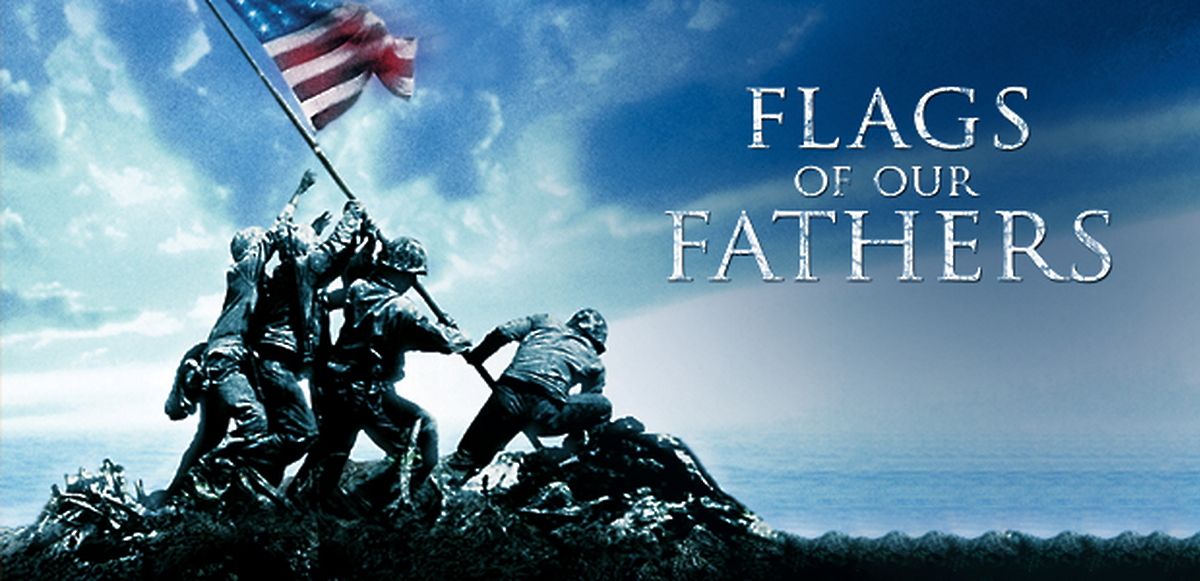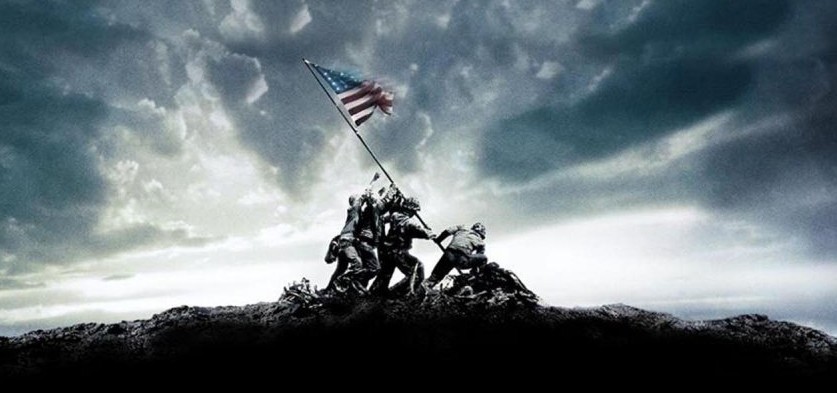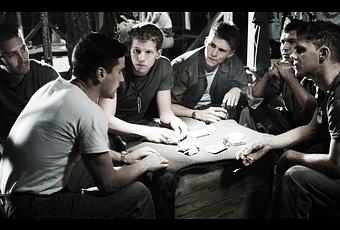

As it stands, Flags of Our Fathers delivers a series of emotional climaxes that leave as lasting an impact as most physical deaths in other war films.įlags of Our Fathers certainly isn't the most groundbreaking or emotionally harrowing WWII epic I've seen, but it's still quite impressive and unique in its own right.

It seemed to me that the director was simply offering a glimpse of the tragic disconnect between those in power and those who give their lives to maintain it. At the same time, Eastwood's film never struck me as an overbearing commentary on our current political affairs. While WWII isn't usually the source of such studies, Flags of Our Fathers reveals a level of deceit and sleight-of-hand that populates even the most noble clashes.

The psychological ramifications of war and rampant propaganda have been examined at length in other war films, but usually in the context of more controversial conflicts like Vietnam. The performances - from Phillippe, Gagnon, and Beach to the many supporting actors (some of whom only appear for a single scene) - are heartbreaking and authentic, effortlessly introducing us to the personal motivations and struggles of most everyone who walks on screen.

Me? I quickly shrugged off any such criticism as contrived and unsubstantiated, and enjoyed Flags of Our Fathers for what it is: a stirring dissection of three men caught between their duty and their sense of honor. Moreover, a handful of critics accused Eastwood of exploiting the story to comment on US policies and practices in modern-day Iraq. no firefights, exploding bunkers, or blood-stained beach-sand to stir up the emotions war buffs might look for in a WWII flick. After the film's first act leaves Iwo Jima and follows its protagonists home, pacing slows dramatically, social crises of the era are explored at length, and domestic propogandeers become the film's central source of conflict. I hate to beat the same drum as every other reviewer on the planet, but Flags of Our Fathers definitely isn't for everyone. Distraught at being called heroes for simply appearing in a photograph, the men recoil from the public attention. Despite the rampant praise they encounter, each man begins to quietly grieve their fallen comrades. In an effort to capitalize on these soldiers' newfound fame and raise money for the war effort, the army sent three of the surviving men - corpsman John Bradley (Ryan Phillippe), Rene Gagnon (Jesse Bradford), and Ira Hayes (Adam Beach) - back to the States as heroes. The now-legendary photo quickly became an inspiring symbol to the world of sacrifices made during the war. Shortly after US forces defeated a battalion of entrenched Japanese soldiers, a photograph was taken of a group of men hoisting an American flag atop a mountain. The soldiers are initially honored by their reception, but soon begin to feel otherwise.īased on Ron Powers and James Bradley's New York Times bestselling book, Flags of Our Fathers opens in the wake of the Battle of Iwo Jima. Before examining sacrifice and honor from the perspective of fallen Japanese soldiers in Letters from Iwo Jima, he used Flags of Our Fathers to explore the regret, sorrow, and self-reflection of homebound American soldiers. So it comes as little surprise that when approaching a pair of interconnected WWII films, Eastwood decided to do something rarely seen in American cinema: treat the opposing forces of a historical conflict with equal respect and compassion. Whether it be a character drama, a political thriller, or a western, the acclaimed director has never been content with adhering to the tired conventions of any genre. One need only look at Clint Eastwood's impressive list of directorial nominations and awards to see that he's successfully overcome the clichés of his action-western heritage to become one of the foremost filmmakers of our time. Reviewed by Kenneth Brown, February 3, 2009 A different kind of war film for a different breed of filmfan.


 0 kommentar(er)
0 kommentar(er)
